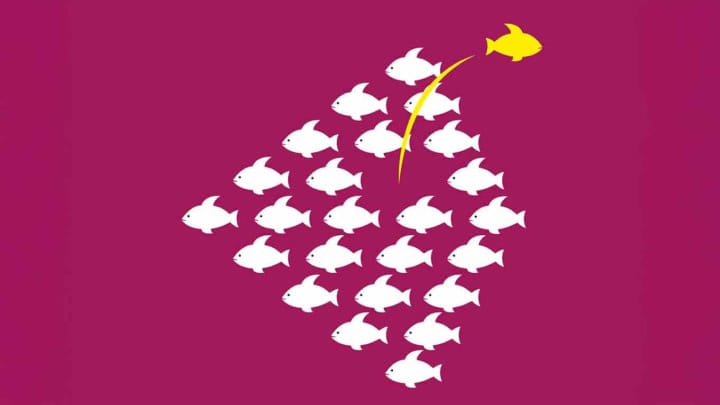For the community, by the community: supporting the science communicators of the future

Physics World now provides a publishing platform for PhD students with a passion for science communication. We provide training and mentorship to students who are eager to write about the most exciting new research results, and we offer them the opportunity to publish their work on a site that’s read by hundreds of thousands of professional scientists all over the world.
Calling for contributors: how to get your work published on Physics World

Physics World is now offering PhD students the opportunity to work alongside our award-winning journalism team to write and publish news stories for the global scientific community. This exciting new initiative will offer you a fantastic opportunity to improve and refine your scientific writing skills, whether you plan to put them to work in future research papers or are interested in developing a career as a science communicator.
We’re looking for students who want to write about the most significant new research results. We’ll provide initial training on how to craft compelling science news stories, via dedicated online training. And we’ll ensure you get regular feedback from our professional journalists as well as other student contributors, providing ongoing support to help you develop an excellence in scientific writing.
Your role as a student contributor
Matin Durrani, Tami Freeman, Margaret Harris and Hamish Johnston from the online journalism team explain the aims of the Physics World student contributor networks and describe what is involved for those who join in this short video
What you would be doing

As part of the project, we anticipate that you would write one or two articles per quarter for a period of one to two years. Each article would summarize the results and significance of some recently published research, and would be about 500 words long. You would be free to choose which new research to write about, although we would encourage you to focus on covering work within your own broad area of expertise.
Each of your articles will be reviewed by another student contributor prior to publication, providing ongoing feedback to help you improve your science communication skills. That means that as part of your role we would also like you to review articles by other students in the network, so your total commitment would be 1–2 articles plus 1–2 reviews per quarter. All articles would have a final review by our editors before they are published.
What we can offer you

• Develop and demonstrate an excellence in scientific writing.
• Gain a broader and deeper view of your own research field, and find out about related areas by reviewing other contributors’ work.
• Build your personal profile within the international research community. You will receive full credit for your work, an author biography, and a link to your research group.
• Work with, and learn from, our award-winning science journalism team, and establish a connection with one of the world’s leading scientific publishers and professional societies.
• Forge links with an international network of like-minded graduate students.
• Build up a portfolio of work, which will be particularly useful if you are interested in pursuing a career in science communication.
In addition, each student can have free digital access to Physics World, the membership magazine of the Institute of Physics, plus our complete portfolio of scientific research journals.
How to apply

If you want to get involved in the project, and are currently a PhD student, please contact us at pwld@ioppublishing.org. We’ll need to know who you are, where you are studying, and the focus of your research project, and then we will get in touch with some more information.
We look forward to hearing from you.